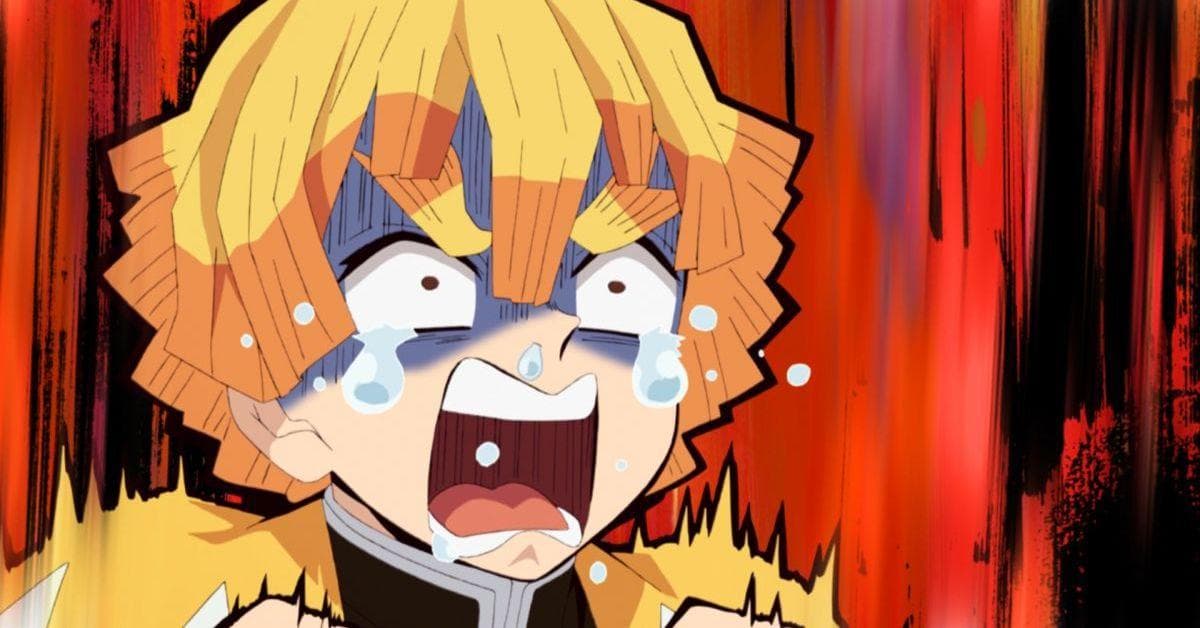Define: Stimulus
Any change or signal from the environment affecting an organism.
What is the difference between prokaryotic cells and eukaryotic cells?
Prokaryote cells do not have a nucleus
What are the three main parts of a plant?
Stem, root, and leaves
What is the difference between a vertebrate and invertebrate?
Vertebrate animals have a backbone or endoskeleton.
How are amphibians and fish different?
Amphibians start to live in water a young age then move to land once they develop.
Define: Homeostasis
The maintenance of an organism's stable internal conditions.
What is the function of the following organelles?
Cytoplasm
Ribosomes
Cell Membrane
Cell Wall
-Jelly substance to fill up the cell and give it shape
-Produce protein
-Regulate everything that goes in and out of the cell
-Protection and structure
Are plants prokaryotic and eukaryotic?
Plants are Eukaryotes
Explain the differences between the three different type of symmetry for animals.
Radial = multiple lines of symmetry
Asymmetrical = no lines
Bilateral = one line
What is Mr. Clarence's favorite anime?
Naruto

What are the five characteristics of all living things?
Made of cells, made of similar chemicals (fats, lipids, proteins, nucleic acids, and water), needs energy, able to grow and reproduce, and can use stimulus.
Explain the process of how a Virus reproduces.
Latches to a healthy cell. Injects its own DNA into the cell. Forces the cell to make copies of the virus. Viruses hatch and continue.
List all of the characteristics of a plant.
Autotrophs, roots, multicellular, most live on land but some live in water, and they are immobile.
Echinoderms = starfish
Arthropods = insects
mollusks = clams
worms
Cnidarians = jellyfish
sponges = sea sponges
List the benefits of having an exoskeleton. List the disadvantages.
More protection for less mobility. Also harder to grow (molt).
What do all living things need?
Food/Energy, shelter, water, and homeostasis
How do Bacteria reproduce?
The cell grows larger and larger until it is ready to split into two. DNA is copied and transferred to each identical product cell.
Explain the difference between a vascular plant and nonvascular plant.
Vascular plants have "true" roots which absorb nutrients in the ground and transfer them throughout the body. Nonvascular plants are very short/small whose roots' primary function is to help hold them in place.
List all categories of vertebrates and provide one example for each.
Birds
Reptiles
Amphibians
fish
mammals
Which anime character does Mr. Clarence love the most?
Zenitsu
DAILY DOUBLE
What characteristics do viruses primarily lack in order to considered a living organism?
Explain the differences of protists and bacteria
Protists have a nucleus and bacteria do not.
What are all the functions of the following organelles?
Vacuoles
Chloroplast
Stoma
-Hold and store water/waste
-Produce energy and release chlorophyll
-Regulate Co2, water, and oxygen in and out of the cell
What are the three subsections of mammals and a unique trait about them? What do all mammals have in common?
Monotremes- Platypus
Marsupials- pouch to carry young
Placentals- provide nutrients to infant while in womb
They all produce milk
Who is Ms. Villegas' favorite Attack on Titan character?

